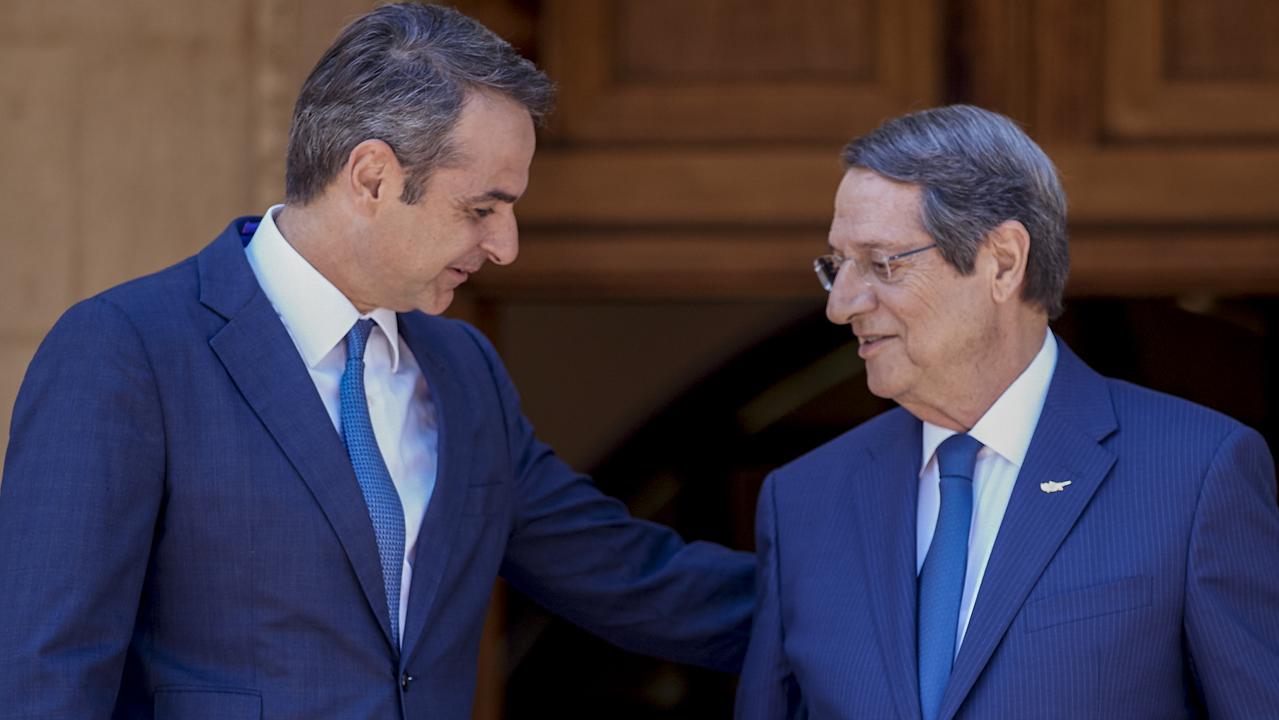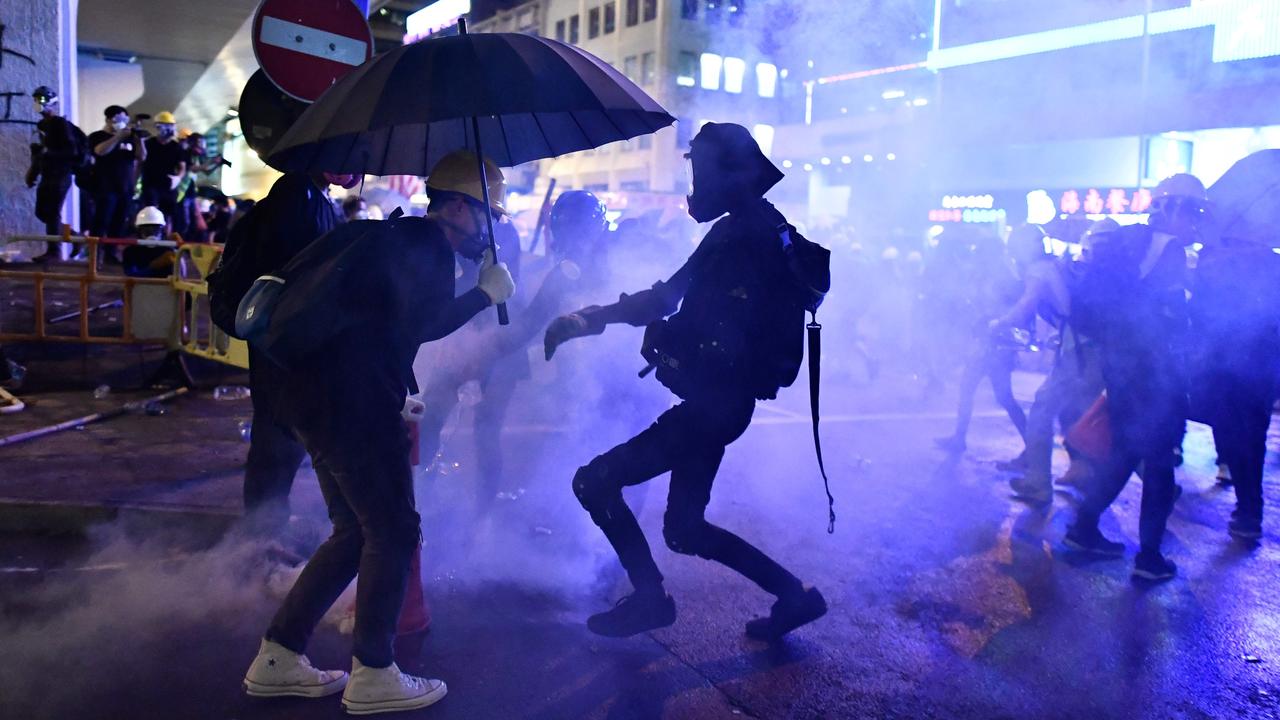Mowing the lawn will fail to cut down Islamic State
SERIOUS questions remain as to what role the 10 Arab countries in the coalition will play in the war against Islamic State.
AS the US intensifies its bombing of jihadists in Iraq, yesterday hitting close to Baghdad, serious questions remain as to what role the 10 Arab countries in the coalition will play.
Most analysts insist the war against Islamic State will not succeed unless ground forces are involved.
But that’s the problem — nobody is committing ground troops, who would have the unenviable task of facing rampaging Islamic State fighters.
“Many of the Arab countries are cheering from the sidelines,” a Western diplomat in the region told The Australian. “They really want this to happen, they really want IS to be defeated, but for their own domestic politics they don’t want to be seen to be supporting another US-led intervention in another Arab country.”
None of the 10 Arab countries in the new coalition — Saudi Arabia, Qatar, Iraq, Jordan, Egypt, Lebanon, Kuwait, Bahrain, Oman and United Arab Emirates — is offering ground troops.
US Secretary of State John Kerry says it is not “appropriate” to announce yet which countries will play which role.
He could have added it was also not possible: it has not been worked out.
Washington has decided to engage in airstrikes, but these will only be effective if Islamic State then faces ground forces.
White House chief of staff Denis McDonough flagged the strategy this week when he said the plan was to push Islamic State forces against an “anvil” that would be “ideally Sunni forces.”
Saudi Arabia and the UAE are likely to support the US in airstrikes — they already train with US forces.
Airstrikes do not carry the same high risk of being killed or kidnapped as ground forces nor the same imagery of “Arab boots on the ground” in another Arab country.
Many of the Arab countries are prepared to offer training, weapons and resupply facilities.
Their reason is the same as for the US — ground troops who confront Islamic State will face a well-resourced and ruthless enemy.
One problem for Washington is that the Arab world watched in horror in June as Iraqi soldiers ran, many tearing off their uniforms so they could not be identified, when Islamic State overran Mosul.
Those not able to escape were taken into the desert and executed.
This routing was despite the soldiers having local knowledge, something that troops from Saudi Arabia or Egypt would lack.
The International Crisis Group says the key to defeating Islamic State, also referred to as ISIS or ISIL, lies in Syria rather than Iraq.
“Though Western attention is drawn to Iraq, it is Syria that has witnessed the most significant ISIS gains since June,” the ICG’s Jean-Marie Guehenno and Noah Bonsey wrote in The New York Times.
“It is Aleppo, Syria’s largest metropolitan area, that presents ISIS’s best opportunity for expanding its claimed caliphate.
“An effective strategy for halting, and eventually reversing, ISIS’s expansion should begin there, and soon.”
The ICG says if Islamic State consolidates in Aleppo they will be hard to stop.
And to stop them in Aleppo, Syria’s leader Bashar al-Assad urgently needs to declare a local ceasefire with the moderate Sunni forces fighting him so that they can both turn their guns against Islamic State.
The only chance of this happening, says the ICG, is for Iran and Russia to pressure Assad or for the US coalition to rapidly increase support for these fighters.
Leading US-based Syria analyst Joshua Landis says US intelligence estimates Syria’s rebels are organised into more than 1500 groups.
On top of this, many of the groups that could be used to fight Islamic State have been deemed “too Islamist” by the US yet have working relationships with some of the Arab countries in the coalition.
“The question facing US military planners is which forces on the ground will move in to clear and hold towns after ISIL positions have been bombed into retreat,” Landis wrote.
“Without such a partner, the US will simply be repeating the Israeli approach to Gaza, cynically dubbed mowing the lawn by Israeli officials — an approach that not only fails to eliminate adversaries, but can even work to their political advantage.”


